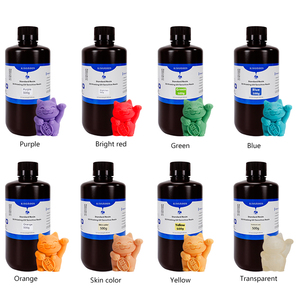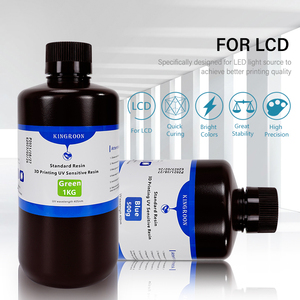Introduction to Carboxyl Polyester Resin
Carboxyl polyester resin is an essential polymer used predominantly in coatings, adhesives, and composite applications. Characterized by the presence of carboxyl functional groups (-COOH), this innovative resin type offers enhanced properties such as improved adhesion, durability, and flexibility. It is widely favored in various industries for its versatility and high performance, making it an ideal choice for manufacturers aiming for superior quality in their products.
Types of Carboxyl Polyester Resin
Carboxyl polyester resins come in several formulations tailored to meet specific application requirements. Here’s a look at some of the main types:
- Standard Carboxyl Polyester Resins: These are general-purpose variants used in various coatings and paints.
- High Solid Carboxyl Polyester Resins: Designed to deliver superior performance in applications requiring reduced solvent levels, resulting in greener products.
- Acrylic-Modified Carboxyl Polyester Resins: These combine the benefits of acrylic polymers for improved weather resistance and glossiness.
- Thermoplastic Carboxyl Polyester Resins: Ideal for applications where flexibility and processability are crucial, such as in automotive finishes.
Applications of Carboxyl Polyester Resin
The diverse applications of carboxyl polyester resin illustrate its importance across various sectors. Some prominent uses include:
- Coatings: Utilized in industrial and architectural coatings for their excellent adhesion and durability against environmental factors.
- Adhesives: Employed in formulating adhesives that require strong bonds and resistance to water and chemicals.
- Automotive Finishes: Used in automotive paint systems for their ability to provide a tough, high-gloss finish while resisting scratching and weathering.
- Textile Coatings: Applied in fabric treatments to enhance water resistance and durability without compromising flexibility.
Features and Advantages of Carboxyl Polyester Resin
Carboxyl polyester resins offer a plethora of features that contribute to their rising popularity:
- Excellent Adhesion: The presence of carboxyl groups improves bonding with various substrates, enhancing overall coating performance.
- Versatile Formulations: Available in various molecular weights and functionalities, allowing for customization according to specific application needs.
- High Chemical Resistance: Their robust chemical resistance makes them suitable for applications subjected to harsh environments.
- Environmentally Friendly Options: High solid formulations help reduce VOC emissions, contributing to sustainable practices in manufacturing.
- Enhanced Flexibility and Durability: Ideal for applications requiring materials that can withstand physical stresses while maintaining integrity over time.













































